Know all About Amazon Web Services in Cloud Computing
4.9 out of 5 based on 5532 votesLast updated on 30th Nov -0001 21K Views
- Bookmark

Amazon Web Services (AWS) is a leading cloud computing platform offering a vast range of scalable and reliable services for businesses worldwide.
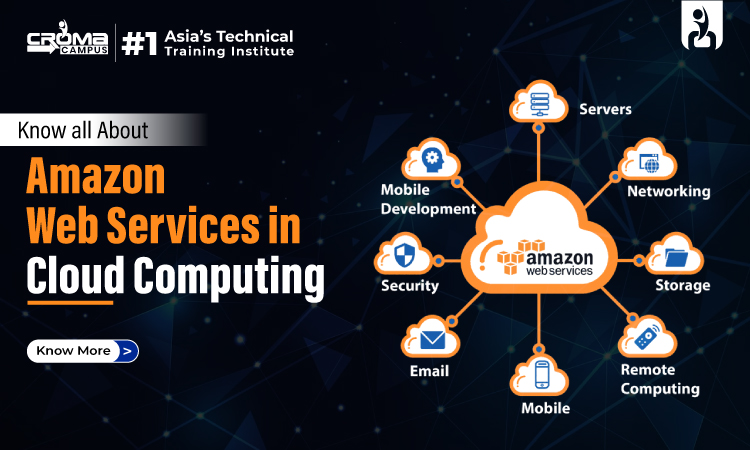
Overview:
AWS means Amazon Web Services. Many people already know about it because it's very popular. Amazon Web Services is the top cloud provider. It gives developers access to more than 170 services. They can use these services from anywhere when they need them.
AWS has customers in 190 countries. This includes 5,000 ed-tech institutions and 2,000 government organizations. Big companies like ESPN, Adobe, Twitter, Netflix, Facebook, BBC, and others use AWS services.
For example, Adobe makes and updates software without waiting for IT teams. It uses AWS services to offer big operating environments for its clients. By using Amazon services, Adobe can easily integrate and operate its software.
Before any further ado, let us start the discussion with cloud computing basics.
What is Cloud Computing and AWS?
Cloud Computing
Cloud computing refers to delivering online services such as servers, databases, and software to users. With cloud computing, you no longer need to store data on local devices. It allows remote access to data stored on servers, making it easy to store and access information globally. Learn more with a Microsoft Azure Course Online.
About AWS – Amazon Web Services in Cloud Computing
- AWS, or Amazon Web Services, is a platform with 200+ services worldwide, making it a comprehensive cloud platform.
- It is an online platform offering scalable and cost-effective cloud computing solutions.
- AWS provides on-demand operations like computing power and database storage for corporate growth.
Now, let's explore its history.
You may also Read This:
Google Cloud Professional Certification Cost In India
Google Cloud Platform Components
History of AWS:
Year | Milestone |
2002 | AWS services launched |
2006 | AWS cloud products introduced |
2012 | AWS hosted its first customer event |
2015 | AWS achieved $4.6 billion in revenue |
2016 | Surpassed the $10 billion revenue target |
2016 | AWS introduced Snowball and Snowmobile |
2019 | Released approximately 100 new cloud services |
How Does AWS Work?
AWS operates in various configurations tailored to user needs. Users can visualize the configuration type and server map concerning the AWS service used.
Advantages of AWS
- User-Friendly Model: AWS offers a user-friendly programming model, architecture, and databases known to employers.
- Cost-Effective: It provides a cost-effective solution with no long-term commitments, allowing flexible purchasing options.
- Centralized Billing and Management: AWS facilitates centralized billing and management, enabling easy installation or removal of applications with a few clicks.
- No Extra Costs: Users don't incur additional expenses on running data servers, contributing to overall cost savings.
- Reasonable Total Ownership Cost: AWS offers reasonable total ownership costs compared to other private cloud servers.
Disadvantages of AWS
- Support Costs: AWS may charge extra for supportive paid packages, especially for intensive or immediate responses.
- Cloud Computing Problems: Users may encounter cloud computing issues, including backup protection, downtime, and limited control.
- Default Resource Limitations: AWS sets default limitations on resources (volumes, images, snapshots) that may vary from region to region.
- Performance Challenges: Sudden hardware changes may impact cloud application performance negatively.
Moving Forward with AWS
Despite some challenges, AWS remains a widely adopted and versatile cloud platform with continuous improvements and advancements in its services.
Applications of AWS Simplified
AWS, or Amazon Web Services, is used for various applications, making it versatile and widely adopted. Here are some easy-to-understand applications:
- Storage and Backup
- AWS is chosen by many businesses for storage, file indexing, and running critical applications.
- Websites
- Businesses can host their websites on AWS, similar to other web applications.
- Gaming
- AWS provides the computing power needed to deliver an excellent online gaming experience.
- Mobile, Web, and Social Applications
- AWS stands out for launching and scaling mobile, e-commerce, and SaaS applications, allowing scalable applications without needing complex systems.
- Big Data Management and Analytics
- Amazon Elastic MapReduce processes large data via Hadoop.
- Amazon Kinesis analyzes streaming data.
- AWS Glue handles data extraction, transformation, and loading.
- Amazon Elasticsearch Service enables log analysis.
- Amazon Athena queries data.
- Amazon QuickSight visualizes data.
- Artificial Intelligence
- Amazon Lex offers voice and text chatbot technology.
- Amazon Polly translates text to speech.
- Amazon Rekognition analyzes images and faces.
- Messages and Notifications
- Amazon Simple Notification Service (SNS) for effective business communication.
- Amazon Simple Email Service (SES) for sending emails.
- Amazon Simple Queue Service (SQS) for subscribing or publishing messages.
- Augmented Reality and Virtual Reality
- Amazon Sumerian service enables the use of AR and VR development tools for various applications.
- Game Development
- AWS game development tools offer backend services, analytics, and developer tools.
- Developers can host game data, analyze gamers' performance, and improve games accordingly.
- Internet of Things (IoT)
- AWS IoT manages IoT devices and handles data ingestion to databases.
- AWS IoT Button offers limited IoT functionality.
- AWS Greengrass provides AWS computing for IoT devices.
These applications showcase the diverse and extensive use of AWS across different industries and technological domains.
Choosing AWS as a Career Option with Croma Campus:
- High Demand: The IT industry has a growing demand for professionals with AWS skills, making it a lucrative career choice.
- Versatility: AWS is widely adopted across industries, offering opportunities in various sectors like healthcare, finance, and technology.
- Global Recognition: AWS certifications are globally recognized, providing a chance to work on international projects.
- Innovation Hub: AWS is at the forefront of technological innovation, providing exposure to cutting-edge advancements in cloud computing.
- Career Growth: With AWS, professionals can explore diverse roles, from cloud architects to developers, ensuring continuous career growth.
To begin your AWS journey, join Croma Campus courses. Their AWS Course Online programs provide the skills for success in the ever-changing cloud computing field. Why wait any longer? Master Cloud Computing with our Cloud Computing Online Course today and elevate your career to new heights with expert guidance like never before.
Subscribe For Free Demo
Free Demo for Corporate & Online Trainings.
Your email address will not be published. Required fields are marked *
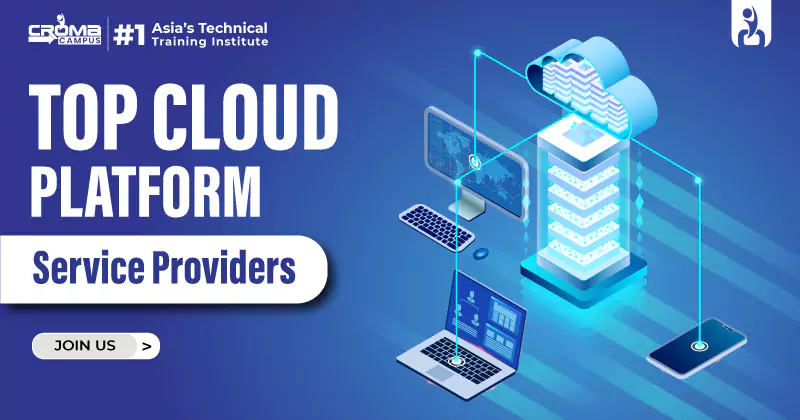

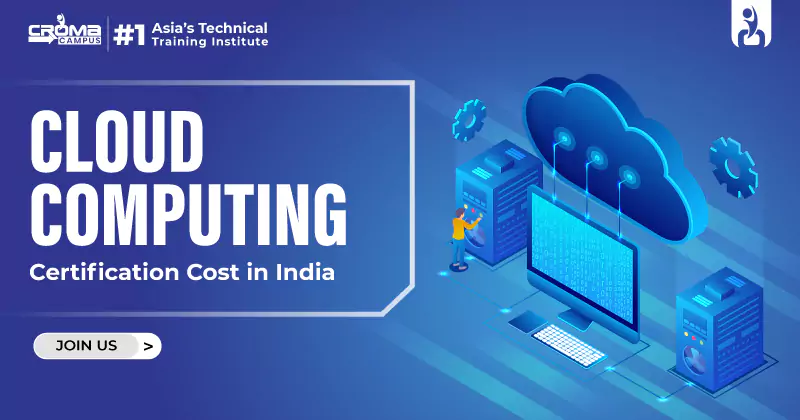
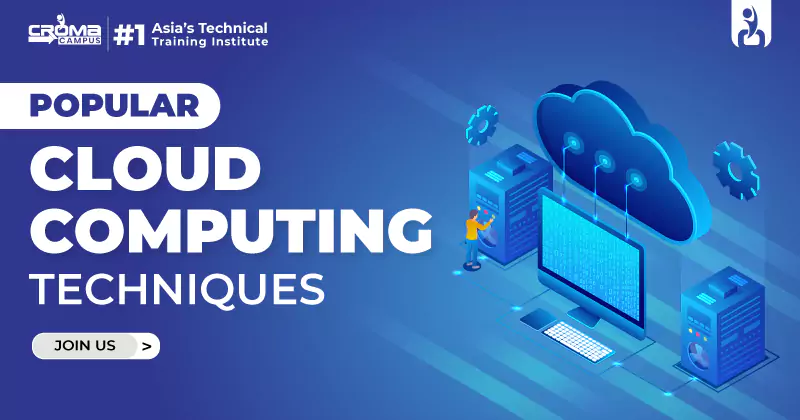
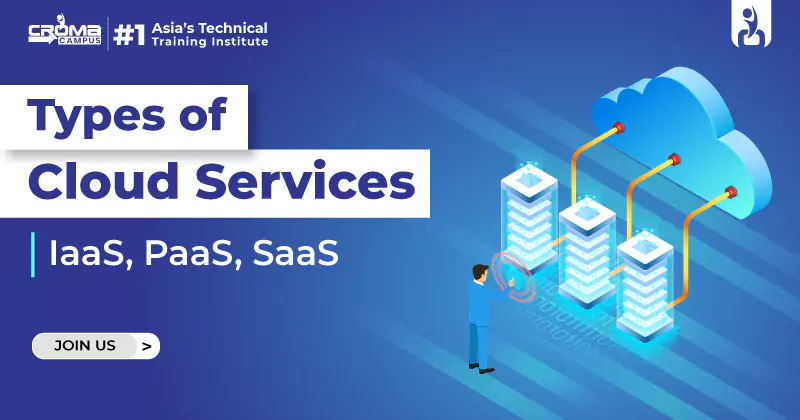

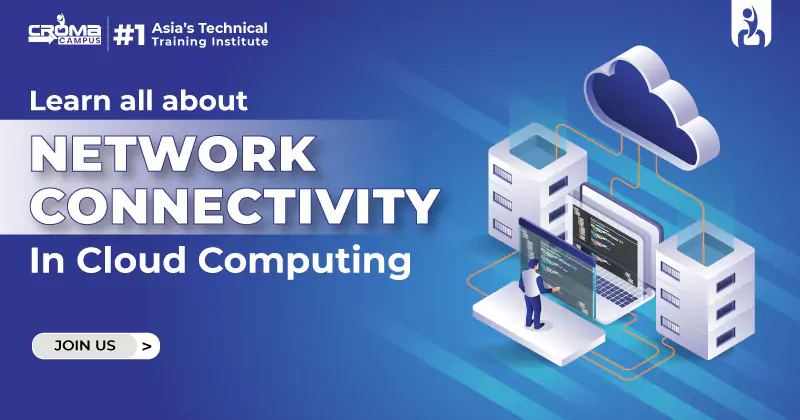

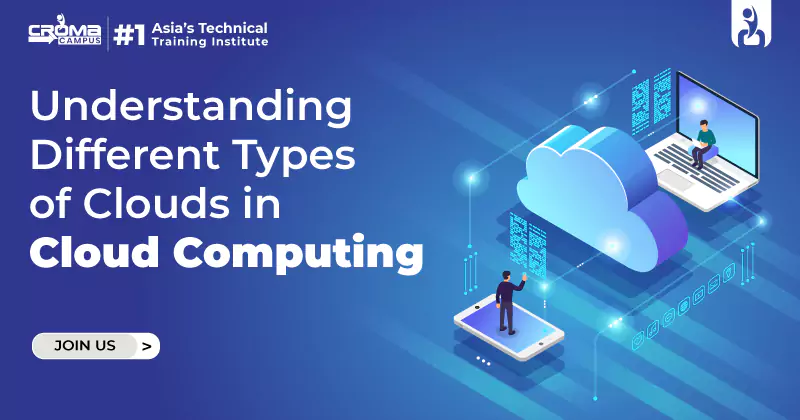

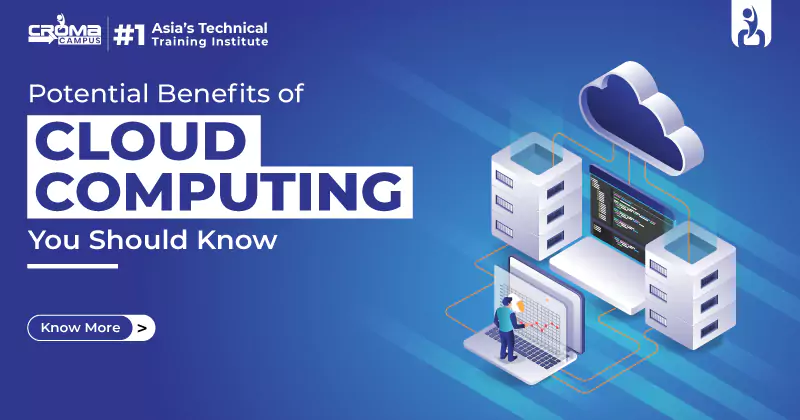
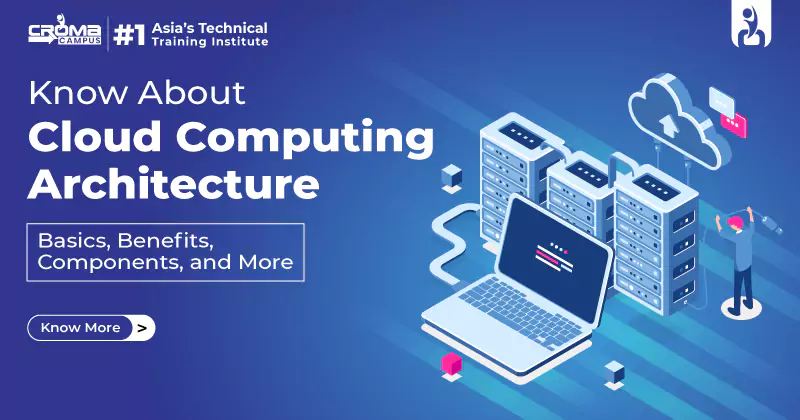









 Master in Cloud Computing Training
Master in Cloud Computing Training